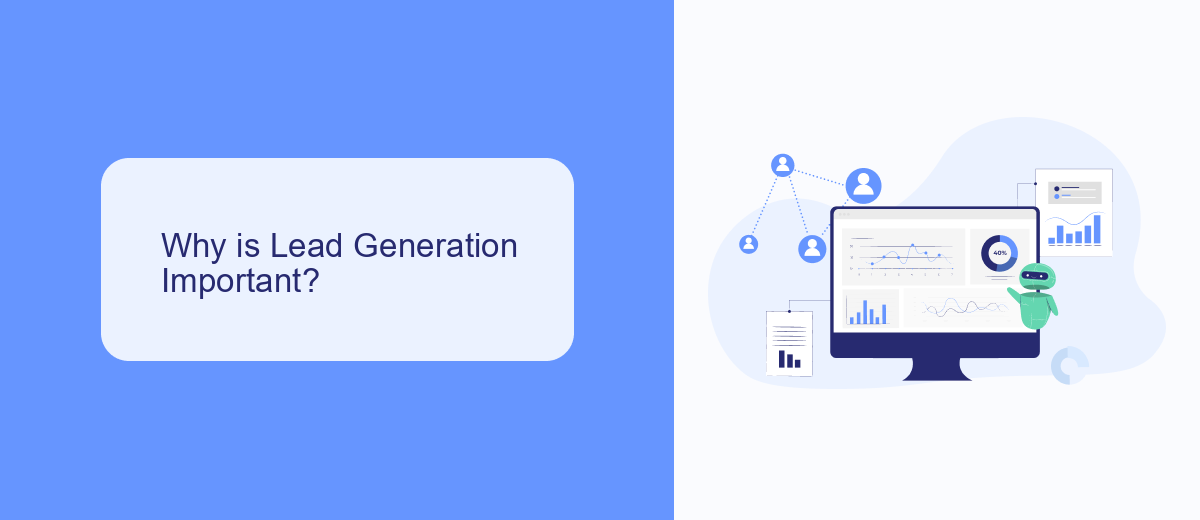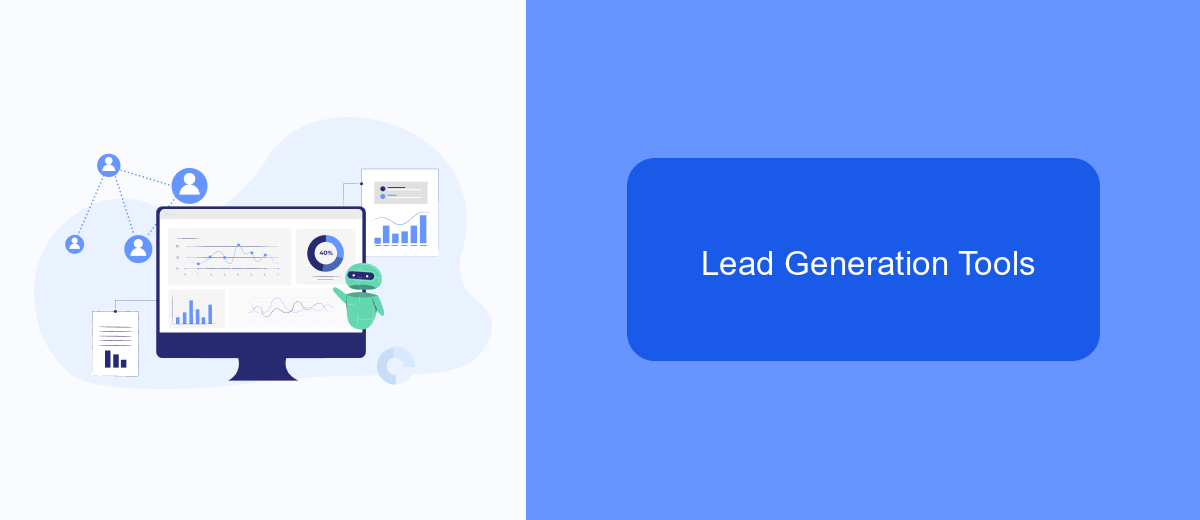Lead generation is a crucial aspect for the growth and sustainability of small businesses. By effectively identifying and nurturing potential customers, small enterprises can build a strong customer base and drive sales. This article explores various strategies and tools tailored specifically for small businesses to enhance their lead generation efforts and achieve long-term success in a competitive market.
What is Lead Generation?
Lead generation is the process of attracting and converting strangers and prospects into someone who has indicated interest in your company's product or service. This is a crucial aspect for small businesses as it helps in building a customer base and generating revenue.
- Identifying potential customers (leads)
- Attracting them through various marketing strategies
- Converting them into paying customers
Effective lead generation involves multiple channels and strategies such as content marketing, social media, email campaigns, and more. Tools like SaveMyLeads can automate the process by integrating various platforms, ensuring that no potential lead is missed. By streamlining lead management, small businesses can focus more on nurturing relationships and closing deals.
Why is Lead Generation Important?

Lead generation is crucial for small businesses as it serves as the lifeline for growth and sustainability. By identifying and attracting potential customers, businesses can ensure a steady stream of prospects who are interested in their products or services. This targeted approach not only maximizes marketing efforts but also increases the likelihood of converting leads into loyal customers, ultimately driving revenue and expanding market reach.
Moreover, effective lead generation helps small businesses build valuable relationships with their audience. Utilizing tools like SaveMyLeads, businesses can streamline the process of capturing and managing leads, ensuring no potential customer slips through the cracks. SaveMyLeads offers seamless integration with various platforms, automating lead collection and allowing businesses to focus on nurturing relationships and closing deals. In a competitive market, having a robust lead generation strategy is essential for staying ahead and achieving long-term success.
Lead Generation Strategies

Effective lead generation is crucial for the growth of small businesses. Implementing the right strategies can help attract potential customers and convert them into loyal clients. Here are some proven lead generation strategies that can make a significant impact:
- Content Marketing: Create valuable and informative content that addresses the needs and pain points of your target audience. This can include blog posts, eBooks, videos, and infographics.
- Email Marketing: Build and nurture an email list by offering incentives such as free resources or discounts. Regularly send out newsletters and promotional emails tailored to the interests of your subscribers.
- Social Media Engagement: Actively participate in social media platforms where your audience spends time. Share content, engage in discussions, and use targeted ads to reach potential leads.
- SEO Optimization: Optimize your website and content for search engines to increase organic traffic. Use relevant keywords, meta descriptions, and high-quality backlinks.
- Integration Tools: Utilize tools like SaveMyLeads to automate lead generation processes. SaveMyLeads can help integrate various platforms, ensuring seamless data flow and efficient lead management.
By implementing these strategies, small businesses can effectively generate leads and build a robust customer base. Regularly evaluate and adjust your approach to stay aligned with market trends and customer preferences.
Lead Generation Tools

Effective lead generation is crucial for small businesses looking to grow their customer base. Utilizing the right tools can streamline the process, making it easier to capture and nurture leads. Various tools are available that cater to different aspects of lead generation, from capturing information to managing and integrating data.
One such tool is SaveMyLeads, which automates the process of collecting leads from various sources and integrates them into your CRM or email marketing platform. This ensures that no potential customer is missed and helps in maintaining an organized database.
- SaveMyLeads: Automates lead collection and integration.
- HubSpot: Comprehensive CRM with lead capture forms and email marketing.
- Mailchimp: Email marketing platform with landing pages and sign-up forms.
- Google Analytics: Tracks website traffic and user behavior to identify potential leads.
- LinkedIn Sales Navigator: Helps find and engage with potential leads on LinkedIn.
By leveraging these tools, small businesses can optimize their lead generation efforts, ensuring a steady flow of potential customers. Integrating these tools into your workflow can save time, reduce manual effort, and ultimately boost your business's growth.
Measuring Lead Generation Success
Measuring the success of your lead generation efforts is crucial for understanding what strategies are working and where improvements are needed. Key performance indicators (KPIs) such as conversion rates, cost per lead, and return on investment (ROI) should be closely monitored. Analyzing these metrics helps you identify which channels and campaigns are most effective in attracting and converting leads. Additionally, tracking the quality of leads generated can provide insights into the long-term value they bring to your business.
Integrating your lead generation tools with customer relationship management (CRM) systems can streamline the process of tracking and analyzing data. SaveMyLeads is a valuable service that simplifies the integration of various lead generation platforms with your CRM. By automating data transfer and ensuring that all lead information is accurately recorded, SaveMyLeads allows you to focus on optimizing your lead generation strategies. Regularly reviewing and adjusting your KPIs based on this integrated data will help you continuously improve your lead generation efforts and achieve better results for your small business.
FAQ
What is lead generation for small businesses?
How can I generate leads on a limited budget?
What are the best practices for converting leads into customers?
How can I automate my lead generation process?
What metrics should I track to measure the success of my lead generation efforts?
Don't waste another minute manually transferring leads from Facebook to other systems. SaveMyLeads is a simple and effective tool that will allow you to automate this process so that you don't have to spend time on the routine. Try SaveMyLeads features, make sure that this tool will relieve your employees and after 5 minutes of settings your business will start working faster.
